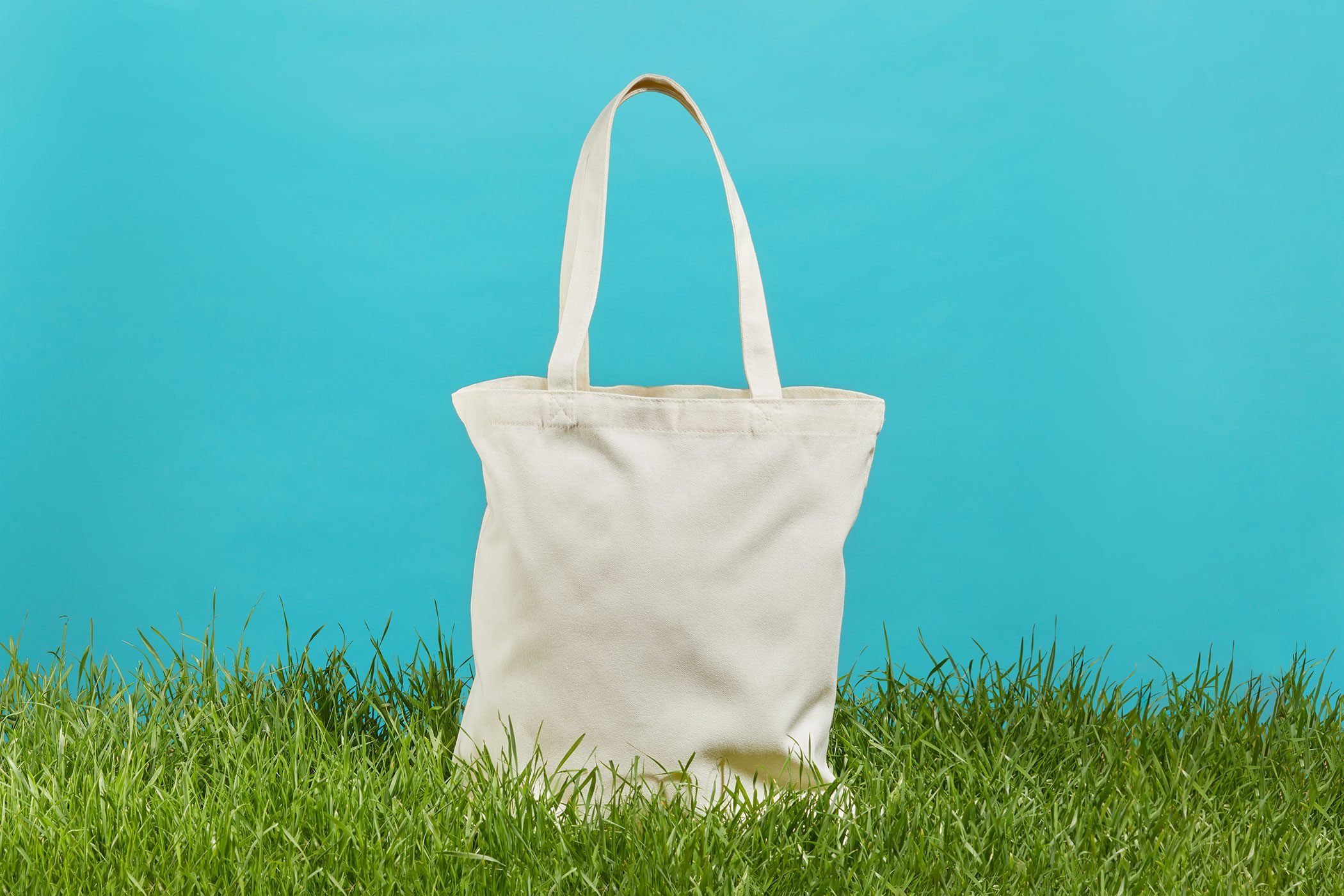Plastic bags have become a ubiquitous item in our daily lives, but their impact on the environment is staggering. They take hundreds of years to decompose and can cause harm to wildlife and ecosystems. Custom tote bags are a more sustainable option, and this article will explore the environmental benefits of using them instead of plastic bags.
Table of Contents
The Problem with Plastic Bags
Plastic bags are a major contributor to pollution in our oceans and landfills. They are often discarded after a single use, and many end up in the natural environment, where they can harm wildlife and ecosystems. According to the United Nations, up to 5 trillion plastic bags are used worldwide each year, and many of them end up in the ocean, where they can entangle marine animals or be mistaken for food.
In addition to the environmental impact of plastic bags, their production also has negative effects. The production of plastic bags requires large amounts of energy and resources, and contributes to greenhouse gas emissions. Even when plastic bags are recycled, the process is not perfect and still results in waste and pollution.
Custom Tote Bags as a Solution
Custom tote bags are a more sustainable option compared to plastic bags. They can be reused hundreds of times, reducing the need for single-use bags. Tote bags are also available in a variety of materials, including cotton, canvas, and recycled materials, which have a lower environmental impact compared to plastic.
Cotton tote bags are a popular choice, as they are durable and can be easily customized with logos or designs. However, the production of cotton requires large amounts of water and pesticides, which can have negative environmental impacts. Canvas and recycled materials are also popular options for custom tote bags, as they are more sustainable and have a lower environmental impact.
The Material Options for Custom Tote Bags
Cotton tote bags are made from natural fibers and are biodegradable, making them a popular choice for custom tote bags. However, the production of cotton can have negative environmental impacts, such as the use of large amounts of water and pesticides.
Canvas tote bags are made from a more durable material than cotton and are often used for heavy-duty applications. They are also a popular option for custom tote bags, as they can be easily printed with logos or designs.
Recycled materials are another popular option for custom tote bags. These can include recycled cotton, recycled polyester, or even recycled plastic bottles. By using recycled materials, custom tote bags can help reduce waste and conserve resources.
How to Encourage Tote Bag Use
Encouraging the use of custom tote bags can be a challenge, but there are several strategies that can be effective. Businesses can offer incentives, such as discounts or promotions, for customers who bring their own bags. Education campaigns can also be effective in raising awareness about the environmental impact of plastic bags and the benefits of using custom tote bags.
Governments can also play a role in encouraging the use of custom tote bags. Some cities have implemented plastic bag bans or fees, which can help reduce plastic waste and encourage the use of reusable bags. Other governments have implemented education campaigns or provided free reusable bags to residents.
The Future of Tote Bags
Innovations in tote bag design and materials are constantly being developed, and there is potential for tote bags to become even more environmentally friendly. For example, companies are experimenting with biodegradable materials for tote bags that can break down naturally in the environment.
Other innovations include the use of sustainable materials, such as bamboo or hemp, which have a lower environmental impact compared to cotton or canvas. Additionally, some companies are exploring ways to make custom tote bags even more durable and long-lasting, which can further reduce waste and promote reuse.
Another potential area for innovation is in the design of tote bags. Companies are experimenting with new shapes and sizes that can accommodate different items and make the bags more versatile. Some are also incorporating features such as pockets, zippers, or even built-in charging ports for electronic devices.
Overall, the future of tote bags looks promising, with continued innovations in design and materials that can make them even more sustainable and environmentally friendly. As consumer awareness of environmental issues grows, it is likely that the demand for tote bags will only continue to increase, making them an important part of the transition to a more sustainable future.
Conclusion
In conclusion, the environmental benefits of using custom tote bags instead of plastic bags are clear. Tote bags can be reused hundreds of times, reducing the need for single-use plastic bags that end up in landfills and oceans. Additionally, tote bags are available in a variety of sustainable materials that have a lower environmental impact compared to plastic.
While encouraging the use of tote bags can be challenging, there are effective strategies that businesses, governments, and individuals can use to promote their use. The future of tote bags looks bright, with innovations in materials and design that can make them even more sustainable and environmentally friendly.
By making the switch to custom tote bags, individuals can help reduce their impact on the environment and contribute to a more sustainable future.




